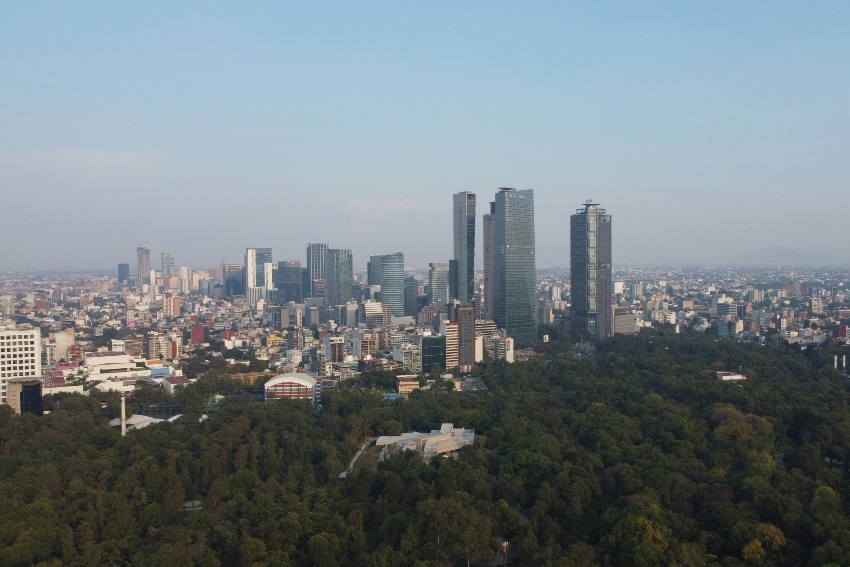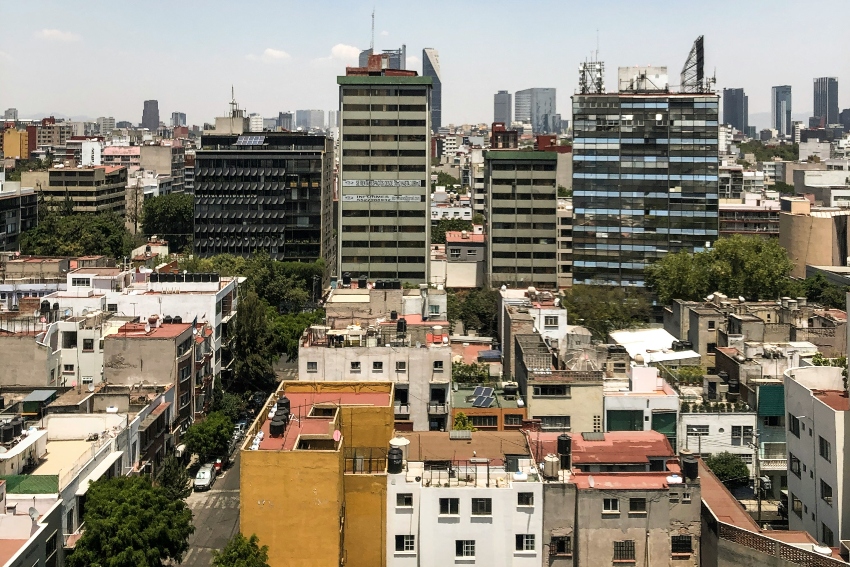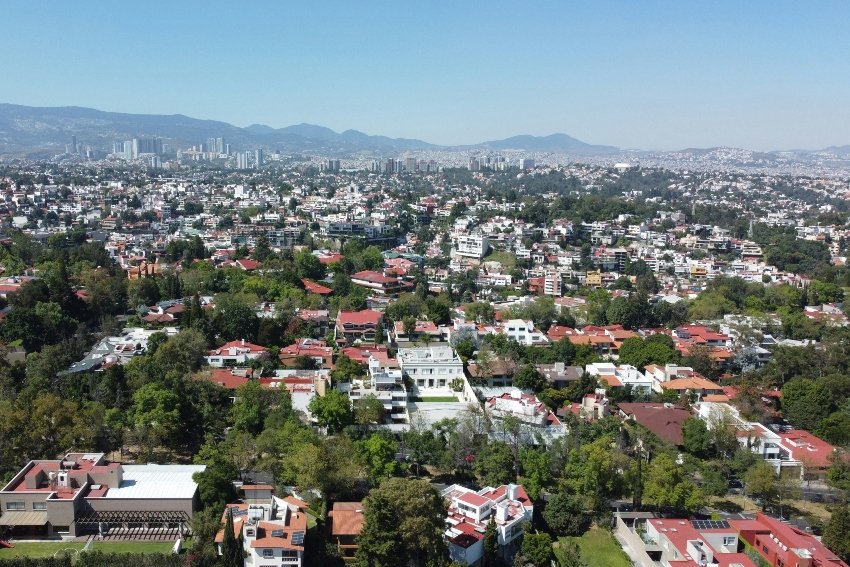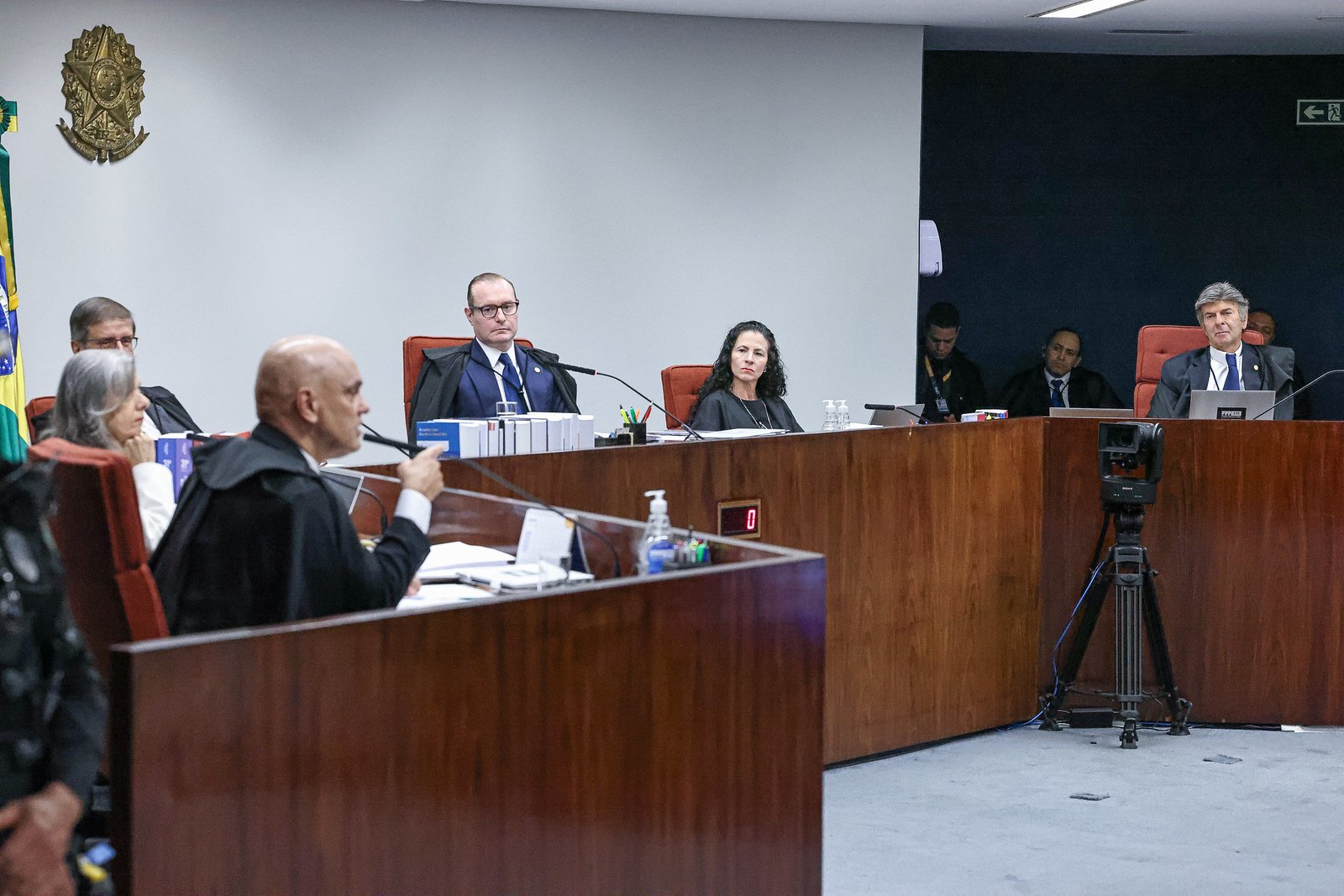In April and October of 2024, under the interim mayorship of Martí Batres, Mexico City passed new laws regarding short-term rentals like those listed on Airbnb and other online platforms.
The city has implemented several new regulations requiring all rental properties and rental contracts to register with a government-operated city-wide registry. It is illegal to rent any “vivienda social” – houses and apartments built to be economically accessible and available through the government’s Infonavit program (the scheme which provides funding for mortgages). That includes structures rebuilt by the government in the wake of the 2017 earthquake. In the case of four properties or more, an individual or company is now required to have commercial zoning for their properties, as well as business licenses and other safety and services requirements.
The new short-term regulations in Mexico City

The most restrictive of these new regulations allows short-term rentals to be occupied for only 6 months (or 182 days) each year. This measure aims to discourage property owners from listing their properties on Airbnb and other platforms, encouraging them to return to the residential rental market instead.
Critics of short-term rentals point to their effect on the social fabric of neighborhoods. For example, the displacement of residents, with long-term housing converted into holiday rentals and rising rental prices due to various factors. For these reasons, other major world cities, such as Amsterdam and Paris, have implemented short-term housing restrictions. Barcelona plans to outlaw short-term rentals altogether by 2029.
Almost a year after the new regulations were passed, the city’s rental contract registry is not yet online, and the implementation of the new restrictions has been held up in court as many owners of short-term rentals have initiated legal procedings against the government.
Why small hosts are seeking alternatives to the new regulations
Groups of “pequeños anfitrones” (small hosts) that own 1 to 3 properties have started to organize among themselves, coordinating to present proposals to the city that might allow them to keep renting their properties but minimize harm both to the local economy and to an income source that they say they depend on.
They point out that laws passed in this area, such as Amsterdam’s restriction of short-term rentals to 90 days out of the year in 2019, have not produced the intended outcomes. Instead, rents in the city continue to rise, and housing stock continues to be at a shortfall. In New York, where short-term rentals have effectively been banned, hotel prices have skyrocketed.
According to internal surveys, the category of small host includes 12,000 families. Of that 12,000, over half are women, and 15% senior citizens. Using internal surveys, the group has determined that 77% own a single property, and 70-80% of these hosts say that rental is their principal income.

In a recent event in Colonia Del Valle, the representatives of these groups clarified that they are not large real estate conglomerates that own dozens of properties or entire buildings of short-term rentals, nor are they fighting to protect those big companies’ interests. In a press conference on August 28, the hosts called on the city to regulate these large conglomerates, but demurred when asked about specifics, saying that should be determined by city officials.
Short-term rentals and the housing shortage in Mexico City
In an attempt to prove that short-term rentals are not the cause of the city’s housing shortage, the pequeños anfitriones point to a 2025 study “Vivienda y Plataformas Tecnológicas en CDMX” by D+D Urbanismo,” which shows that the amount of social, accessible or medium-priced housing built in the city has dropped dramatically in the last 25 years. They also point out that while the current, active stock of complete short-term rentals (an entire house or apartment) amounts to 9,000 residences, according to government statistics, there are more than 207,000 residences in the city uninhabited or abandoned.
The hosts claim that they positively impact the local economy, saying their properties support 63,000 direct or indirect jobs. They also highlight that for every peso spent on a short-term rental, visitors spend four pesos in the local economy, drawing this data from Estudio CONCANACO-Sinestesia (2025), Datos del IMPLAN (2024), and Oxford Economics (2021).
In response to the recent anti-gentrification protests, which targeted foreigners with angry rhetoric, the hosts emphasize that 70% of their clientele consists of Mexican visitors to CDMX.
Proposals presented by the pequeños anfitrones
On August 28, the pequeños anfitriones presented their five proposals to representatives of Xóchitl Bravo Espinosa, a legislator and the coordinator of the Morena Parliamentary group in the city’s Congress.
The proposals involve collaborating with the city’s tourism board to create a directory of local, independent businesses for their guests and developing a Good Neighbor guide to promote responsible tourism. They also propose more safety measures for guests, like information about what to do in an earthquake or other emergency.

They propose to provide free housing for health or emergency workers in case of a city emergency, as well as wanting the city to invest the 1.5% additional tax that they pay as short-term renters (short-term rentals pay 5% in hospitality taxes and hotels pay 3.5%) for local, small businesses.
But their most important ask is that the 50% restriction is removed for small hosts, the argument being that large real estate companies won’t be affected by the 50% restriction, but small home owners will.
What small hosts really want
In response to whether or not pequeños anfitriones would support limits of short-term rentals determined by neighborhood and need, or a limit per building, one of the main organizers, Mario Tegalia, said that he believes they would support any regulation set forth by the city, as long as the 50% occupancy restriction is lifted.
City officials, who have been holding public forums for the last month or so to address the concerns of residents regarding zoning, housing, gentrification and services, have said they will compile the data they have received, including these proposals. Then, they will form a plan for city zoning that will go to the city’s congress for debate. Government officials at the August 28th press conference said that a timeline has been set for two weeks for working groups to come up with an integrated proposal.
Lydia Carey is a freelance writer and translator based in Mexico City. She has published extensively both online and in print, sharing her insights about Mexico for over a decade. She lives a double life as a local tour guide and is the author of “Mexico City Streets: La Roma.” Follow her urban adventures on Instagram and see more of her work at mexicocitystreets.com.




